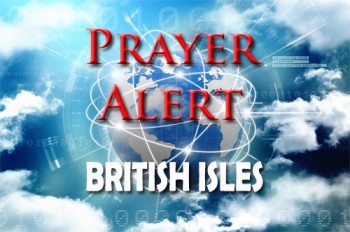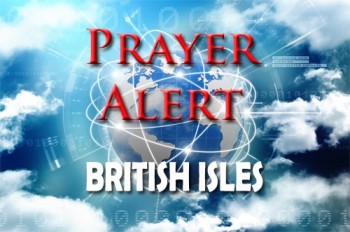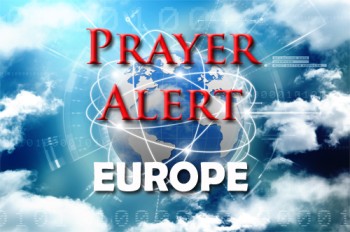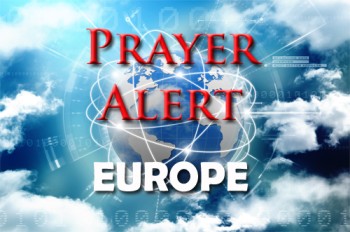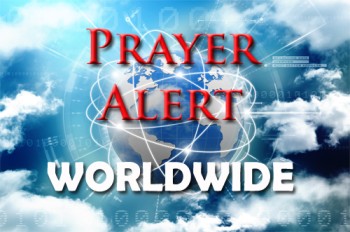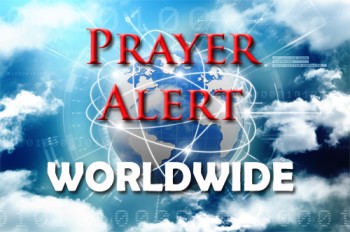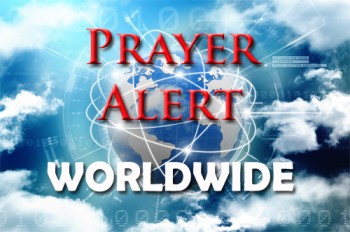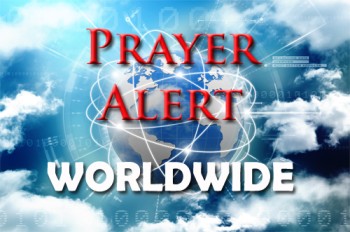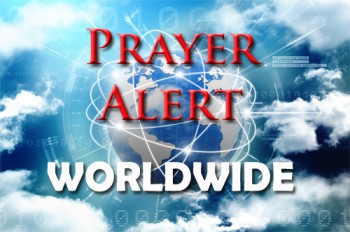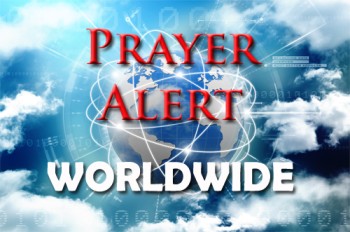Half-term drag queen story time
Tate Britain will host a drag queen story hour in half term hosted by ‘queer hero of literature’, neuro-divergent drag queen Aida H Dee. Catholic commentator Caroline Farrow has launched a petition for the Tate to stop ‘promoting gender ideology to children’ through its half-term free event. Her petition received over 8,000 signatures on its first day. She said drag queens are a form of adult entertainment mainly found in gay nightclubs, presenting a highly demeaning and distorted vision of women, which many find offensive. Drag acts do not constitute education and do not teach tolerance. Their aim is to expose children to sexualised and political messaging regarding the LGBTQ+ movement. Caroline is also concerned that the Tate produces a teaching and guidance resource for teachers and schools. It is co-authored with a transgender lobby group, is full of gender ideology, and encourages educational professionals to break the law.
Sadiq Khan urges churchgoers to donate blood
The Mayor of London, Sadiq Khan, has called for churchgoers and people of faith to become blood donors, especially those from ethnic minority backgrounds. Donors of Black heritage are urgently needed to help those with sickle cell, UK’s fastest-growing genetic blood disorder. Mr Khan, who donated blood himself at an event at City Hall, said he held a huge respect and admiration for church leaders and recognised their importance in encouraging people in their congregations to give blood and become organ donors. He said, ‘One of the things about our Christian neighbourhoods is the amount of good they do for their communities: the charity work, the food banks, homeless shelters and the work they did during the pandemic.’ Around 135,000 new donors are needed per year to meet demand; at least 40,000 new blood donors a year are needed in London over the next five years to keep being able to supply blood for lifesaving treatments.
Cyprus: Greek Cypriot elections
Greek Cypriots voted for a new president on 4 February, with a record 14 candidates. The winner needed 50% plus one vote to succeed. Voters are concerned about corruption and the economy, particularly the cash-for-passports scandal, pressures of migration on public resources, and the deadlock over the decades-old island division with Turkey. See Nikos Christodoulides emerged as frontrunner and will face Andreas Mavroyiannis in a run-off vote on 12 February. The elections will end, but challenges and problems lie ahead.
Ukraine braced for renewed Russian offensive
Ukrainian soldiers will commence training in new German-made Leopard tanks on 13 February. Although not all Western weaponry will have arrived by then, Ukraine has enough reserves to hold off Russian forces. President Zelensky said troops were fighting fiercely in Bakhmut, Vuhledar and Lyman. Military intelligence chief Kyrylo Budanov will replace the current defence minister in a shake-up after corruption reports: some defence officials are suspected of embezzling public funds to procure food for the army. The outgoing defence minister said Russia did not have all of its resources ready to launch an offensive, but might do so anyway on 24 February as a symbolic gesture on the anniversary of its full-scale invasion. He said Ukraine had secured new long-range missiles with a ninety-mile range, but they will not be used against Russian territory - only against Russian units in occupied areas of Ukraine.

